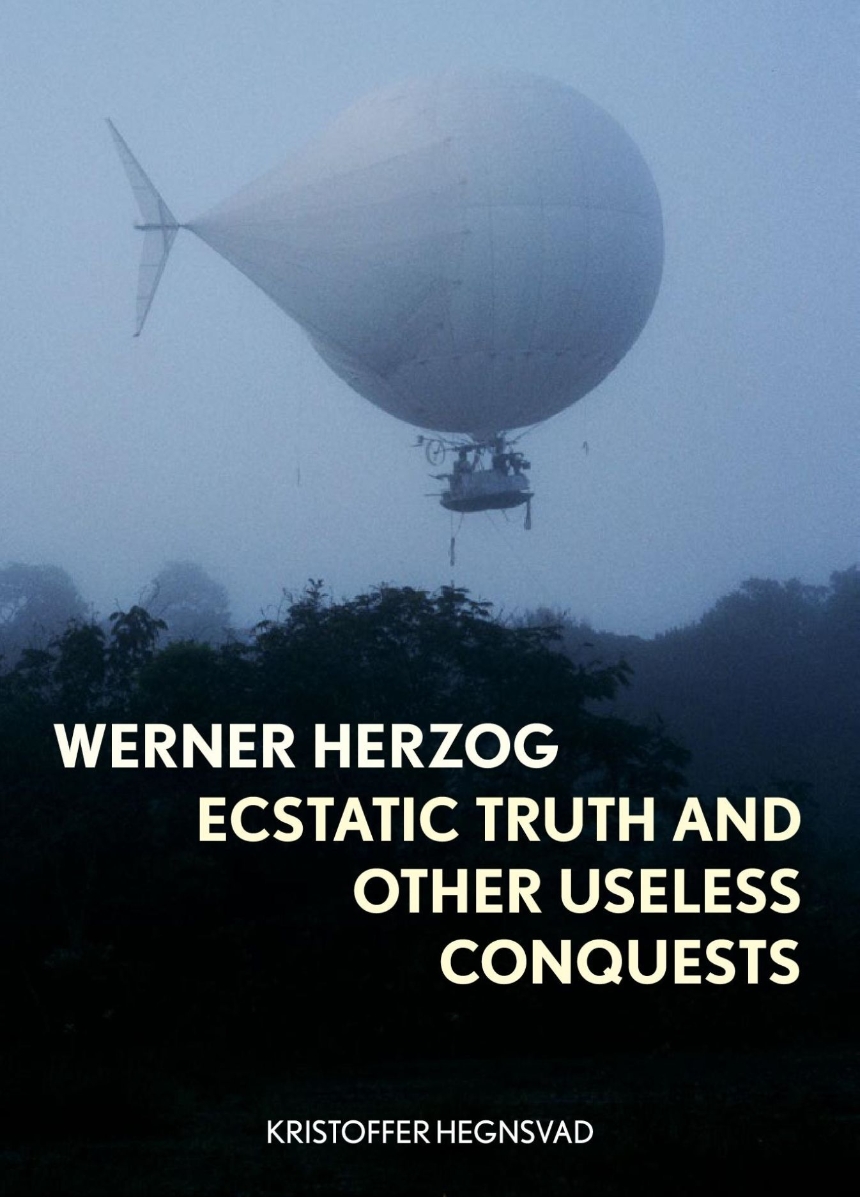Werner Herzog came to fame in the 1970s as the European new wave explored new cinematic ideas. With films like Signs of Life (1968); Aguirre, the Wrath of God (1972); The Enigma of Kaspar Hauser (1974); and Fitzcarraldo (1982), Herzog became the subject of public debate, particularly due to his larger than life characters, often played by the wild Klaus Kinski. After the success of his documentary Grizzly Man (2005), Herzog became a leading force in a new form of hybrid documentary, and his tough attitude toward life and film made him a director’s director for a new generation of aspiring filmmakers. Kristoffer Hegnsvad’s award-winning book guides the reader through films depicting gangster priests, bear whisperers, shoe eating, revolutionary filmmakers . . . and a penguin. It is full of rare insights from Herzog’s otherwise secretive Rogue Film School, and features interviews with Herzog.

